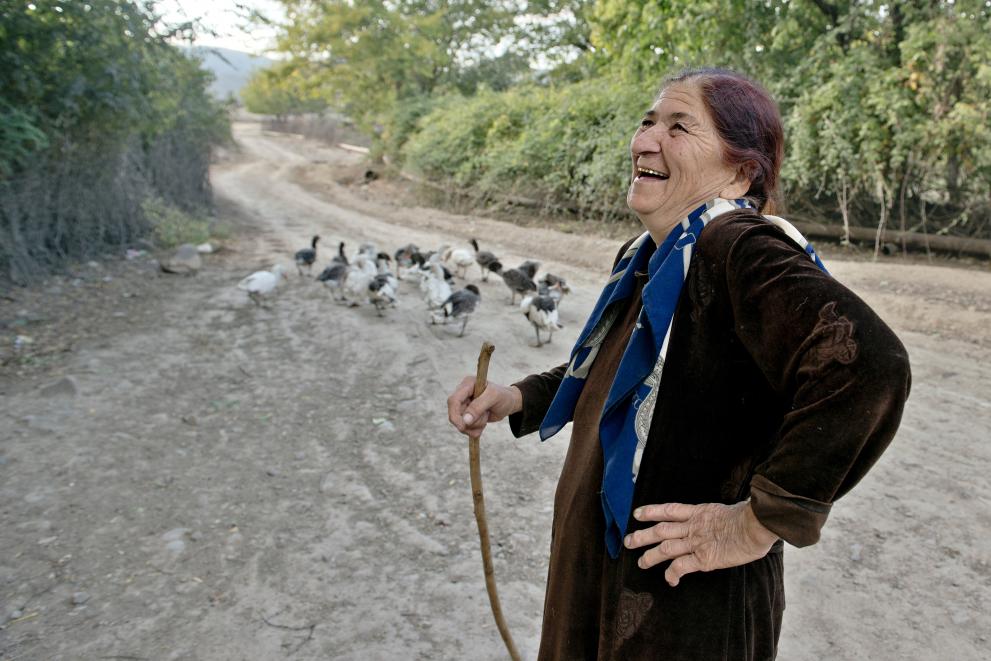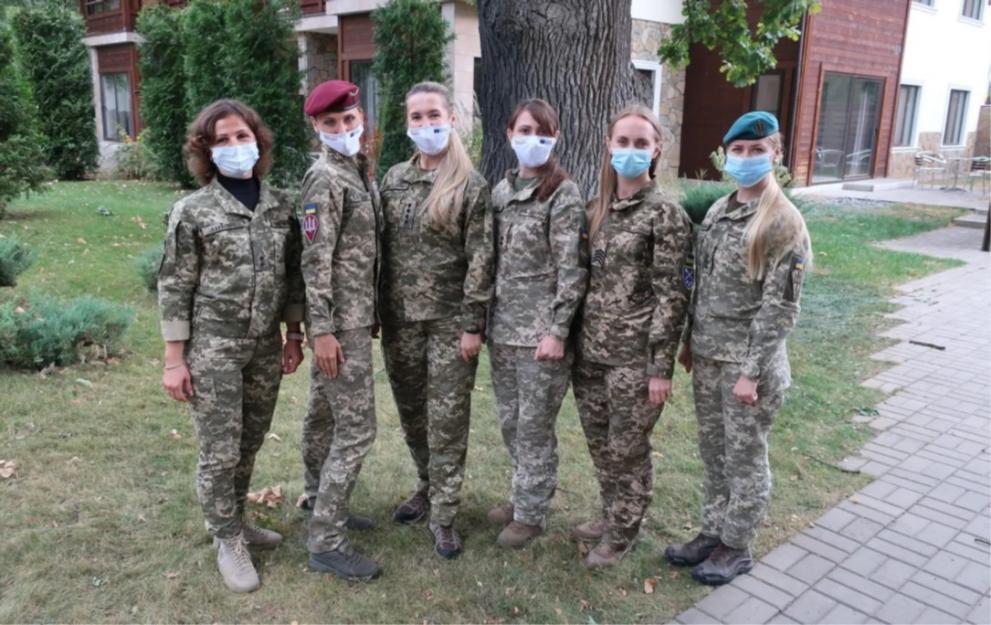
On the occasion of the International Women Day celebrated every year on 8 March, the Service for Foreign Policy Instruments affirms the EU’s strong commitment to promoting women empowerment and leadership, particularly during the COVID-19 pandemic and advancing gender equality and women’s rights around the world.
Women empowerment and leadership, gender equality and preventing gender-based violence around the world are at the heart of the Union’s external action: be it in the programmes and projects it funds in partner countries around the world, or in the joint actions with, international organisations and other stakeholders.
The EU’s Service for Foreign Policy Instruments is contributing with concrete results in this area through a series of on-going initiatives.
Women in peace and conflict-affected areas
Women play an important role in conflict resolution and peace-building processes. Their experience and needs in conflict regions are key elements in finding sustainable and inclusive solutions.
In Venezuela, the EU supports the work of women as key actors in the construction of peace. It contributes to the promotion of a culture of peace by strengthening civil society organisations and empowering youth and women through capacity building initiatives in the area of conflict prevention and resolution. Women involved in peacebuilding also play an active role in designing policies for the prevention of gender-based violence and raising awareness about this issue across the country.
In conflict-affected areas, women can be a vulnerable target and need specific support. One example of our work in this area is the EU-funded project ‘The Gendered Face of the Nagorno-Karabakh Conflict’, which analyses the impact of the Nagorno-Karabakh conflict on gender roles in the Armenian and the Azerbaijani societies. The project focuses on gender-based structural violence and the immediate impact of the recent war on the lives of women affected by the fighting. This complements the EU-funded study ‘Listen to her - Gendered Effects of the Conflict over Nagorno-Karabakh and Women’s Priorities for Peace’, which explores women’s perspectives on conflict and peace-making in the region.
Photo credit: Ahmet Mukhtar
In Eastern Ukraine, the EU contributes to conflict prevention with particular focus on gender issues and the role of women in conflict resolution. Female officers play a positive role in their understanding of civilians’ problems and needs.
“A female officer is always an advantage because it is easier for civilians to speak out their concerns and problems to a woman. I am telling it from my experience.”, states one officer interviewed in the context of an EU-funded project.

Photo credit: Center for Civilians in Conflict
Through its Instrument contributing to Stability and Peace, the EU supports a leadership programme for women, supporting women voices in civil society organisations and their participation to the security sector in Burkina Faso, Mali and Nigeria. A series of events on women empowerment and gender equality in COVID-19 times are organised on the occasion of the International Women Day 2021.
Promoting Economic Empowerment of Women during COVID-19
Through our EU-funded projects across the globe, the Service for Foreign Policy Instruments contributes to celebrating women's achievements and leadership in the labour market, raise awareness against gender biases and advances actions for equality, particularly during the COVID-19 pandemic. It also works with investors, companies and governments across the world to put women at the centre of the post COVID-19 recovery.
The WeEmpowerAsia EU-funded project responded quickly and incorporated COVID-19 awareness and mitigation measures for women at work in Asia. A large public awareness campaign #WomenRiseAboveCovid was put in place since March 2020 along with products and briefs to help private sector actors to ensure their response to the pandemic is gender-sensitive and inclusive. It fosters companies’ adherence to the Women’s Empowerment Principles, a set of principles for businesses offering guidance on how to empower women at work and within communities. In 2020, over 425 companies in the Asia-Pacific region have signed the Principles. The project also produced a Gender Rapid Self-Assessment tool, which businesses can use for future crisis situations beyond the ongoing pandemic.
This is complemented by the work done through the We Empower G7 project, which helps and connects women-led businesses and promotes gender equality in G7 countries. ‘The Power of working together: emerging practices that advance women’s economic empowerment’ is a powerful resource which provides a collection of best-practices for corporate actors and hands-on advice on how to ensure gender equality in the work environment and empower women. The project also fosters EU’s role in mobilising the international community on gender equality, including by calling G7 leaders to take bold, decisive and more equitable future for women and men. The “Win-win: Gender equality means good business” action in Latin America also enabled the EU to engage with Latin American networks of women entrepreneurs, public institutions, and the private sector to ensure the full implementation of the Women’s Empowerment Principles. Under this initiative, the National Ministry of Energy in Chile, launched the “Programa Energía + Mujer” and Plan of Action to promote gender equality in companies in the energy sector.
The joint work of the EU with UN Women and the International Labour Organization contributes to create sustainable, inclusive, and equitable global growth through increased women’s economic empowerment and leadership.
More information:
Statement by the European Commission ahead of International Women's Day
EU Gender Action Plan (GAP III)
Details
- Publication date
- 8 March 2021
- Author
- Service for Foreign Policy Instruments
